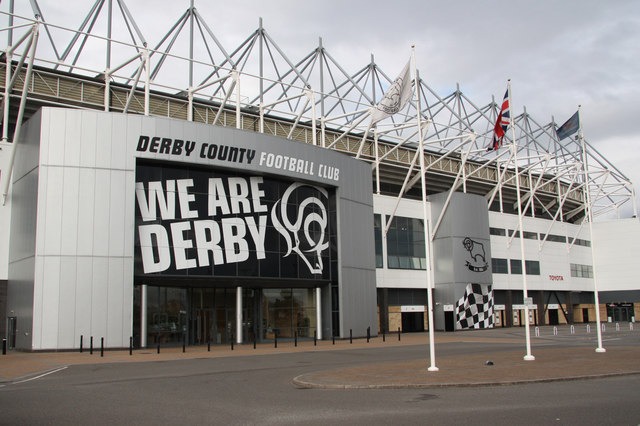Derby and Reading handed Championship points deductions
Derby County and Reading’s seasons have gone from bad to worse over the last couple of days, as, due to financial mismanagement over the past few years, they were handed points deductions that have left their Championship futures in peril.
Derby, who already had a 12-point deduction placed on them earlier this season, have had a further nine added on to that, meaning that they now stand on minus three points after 17 games. The first deduction came as a result of the club being placed under administration, while the second was after the club admitted breaches of the EFL’s accounting rules.
Derby therefore are yet another example of a club that overspent on their means in an attempt to get to the promised land of the lavish Premier League, their closest effort being when they reached the play-off final under Frank Lampard in the 2018-19 season. Mel Morris is desperately trying to sell the club, and Derby fans will be hoping that he does as soon as possible, to avoid their club going out of business altogether. They are already 18 points off safety, which means that relegation already seems inevitable this season, but that should not distract from the sterling job Wayne Rooney has done in picking up results, effectively with a shell of a side.
Reading are not in as bad a predicament as Derby. Their deduction came as a result of their losses exceeding the EFL’s cap, losing £57.8 million between 2017 and 2018, where EFL rules state that the maximum you can lose is £39 million. Unlike Derby, it was relegation from the Premier League that put the Royals in this predicament as the money spent to keep them in the league far exceeded the amount that they could afford when they did eventually get relegated. The six-point deduction that has been handed to the club leaves them 17th in the division, four points of relegation. However, they have lost four of their last five games, which means that things will have to improve sooner rather than later if they are to maintain their spot in the second tier.
What is for certain is that both clubs are examples of the gross financial mismanagement that still plagues the EFL. Owners, in the desperate hope for some form of short-term glory, overspend far beyond their means, leaving the club in a long-term predicament that they sometimes struggle to get out of. The failed attempt at introducing a salary cap in League One and Two proves that this is not the answer to ending this problem, but you would hope that the EFL finds something, sooner rather than later.

Comments